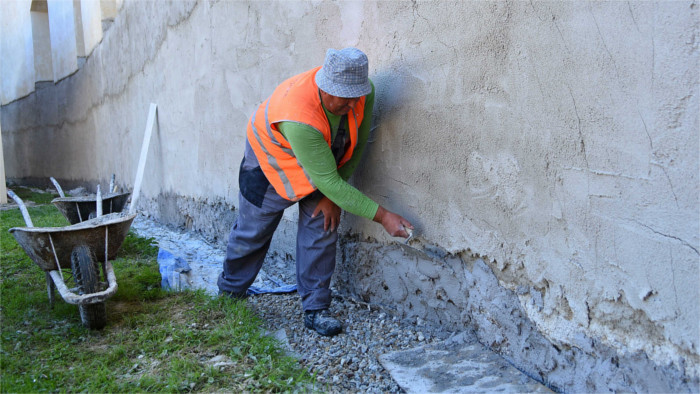The coronavirus crisis most affected low-skilled workers and the long-term unemployment remains high, according to the latest OECD Economic Survey of the Slovak Republic. The organisation recommends that Slovakia extend programmes of active measures on the labour market, especially requalification programmers for low-skilled workers.
The OECD further pointed out that at the beginning of January the share of the vaccinated population in Slovakia is still about 25 percentage points below the European Union (EU) average. It recommends that Slovakia continue its efforts to speed up vaccination. The survey further showed that a specific feature of the coronavirus crisis is that it has different effects on individual sectors. The OECD warns that stopping state aid too soon would lead to unnecessary bankruptcies and redundancies. Therefore, the organisation emphasises the need to continue targeted fiscal support until the economy becomes self-sufficient. According to the OECD, it is possible that the number of companies that will face liquidity and debt problems will increase in Slovakia. Support for out-of-court restructuring proceedings, especially for small and medium-sized enterprises, could help in this.
The OECD highlighted Slovakia's ambitious recovery and resilience plan. However, it criticises the country for the fact that its rate of drawing EU funds has been historically low. In this regard, the organisation recommends streamlining procurement verification and control procedures and further strengthening cost-benefit analysis and oversight of public investments throughout the project lifecycle.
The OECD report also deals with the demographic development of Slovakia. It expects pension spending in Slovakia to grow faster than in most EU countries. The OECD recommends linking retirement age and minimum number of years of service to life expectancy, phasing out the possibility of early retirement for mothers and also reconsidering the planned introduction of a parental bonus.
Source: TASR

